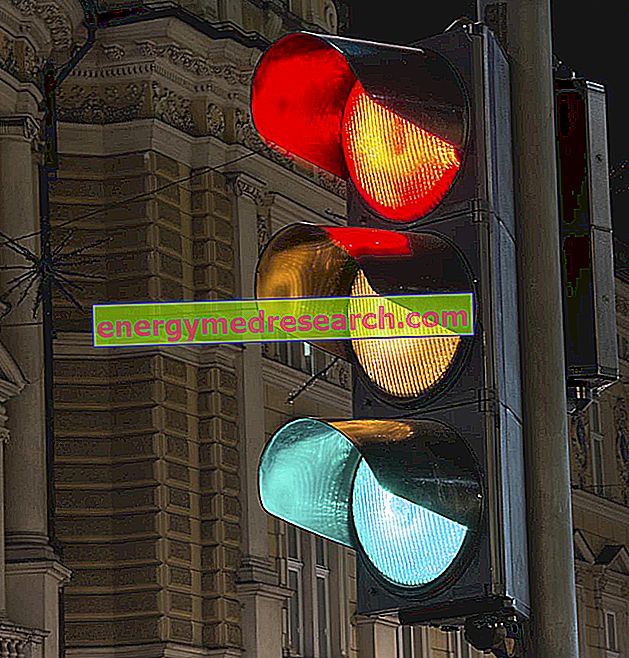Related articles: Dysthymia
Definition
Dysthymia is a mood disorder characterized by depressive symptoms of low severity, which have persisted for at least 2 years and lead to clinically significant psychological distress. This condition can begin subtly during adolescence and run with short remissions for many years or decades.
As with most mental disorders, the cause is to be found in the interaction between biological, genetic and psychosocial factors. Dysthymia can appear following a triggering event or a stressful situation (eg an unexpected and sudden bereavement, physical illness, problems at work, etc.), but at other times it starts without an apparent reason.
Most common symptoms and signs *
- Lowering of the voice
- anhedonia
- anguish
- Anorexia
- Asthenia
- Increased appetite
- Decline in sexual desire
- palpitations
- Depression
- Difficulty concentrating
- Mood disorders
- Insomnia
- hyperphagia
- Social isolation
- Nervousness
- Weight loss
- Drowsiness
Further indications
Dysthymia is a prolonged and attenuated form of depression. Usually, the subjects who are affected have a chronically low mood most of the time (for most of the day, almost every day) and are pessimistic, passive, lethargic, introverted and hypercritical towards themselves and the others. Moreover, these are more likely to present with anxiety disorders.
Usually, a generally depressed mood is associated with low self-esteem, difficulty concentrating and a reduced ability to think clearly or make decisions. Dysthymia can periodically be complicated by episodes of major depression.
Dysthymic disorder can also involve somatic and organic signs, such as changes in weight or appetite (loss of appetite or hyperphagia), fatigue or reduced energy needed to deal with everyday life and sleep disorders (tendency to insomnia or, on the contrary, to hypersomnia). Dysthymia can be associated with other psychopathologies, such as eating disorders and substance abuse.
Diagnosis is based on clinical evaluation. Dysthymia is defined, in particular, when the symptoms of the depressive spectrum persist for a time equal to or greater than 2 years, although in a manner and extent attenuated with respect to those of major depression; during this period, remissions without symptoms should never be more than two months (each time).
The instability of the mood tone typical of dysthymia, in fact, could be erroneously attributed to personality disorders; therefore, much attention must be paid in the differential diagnosis.



